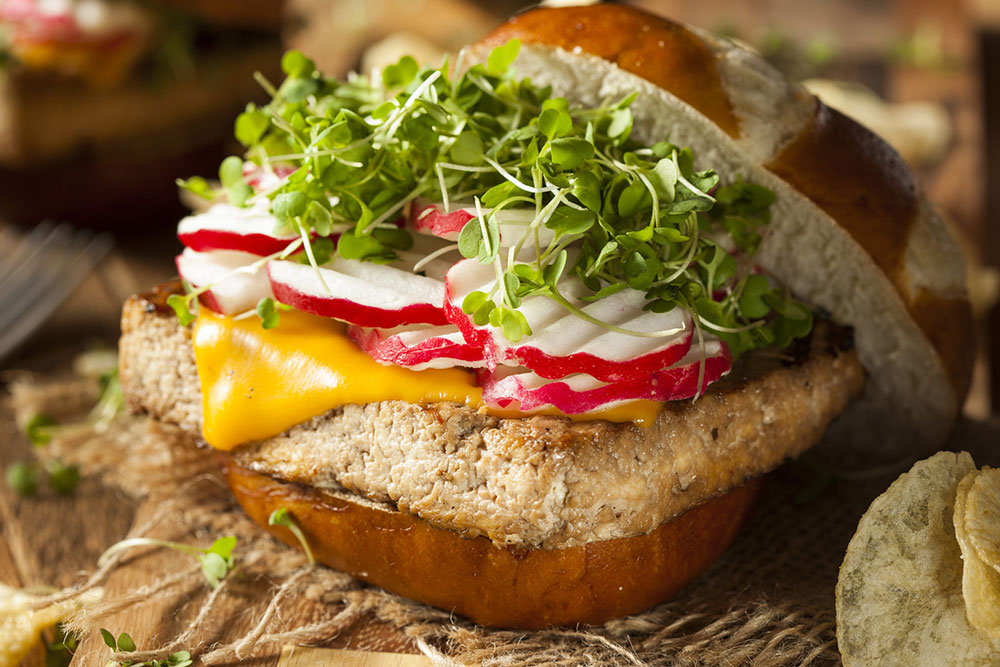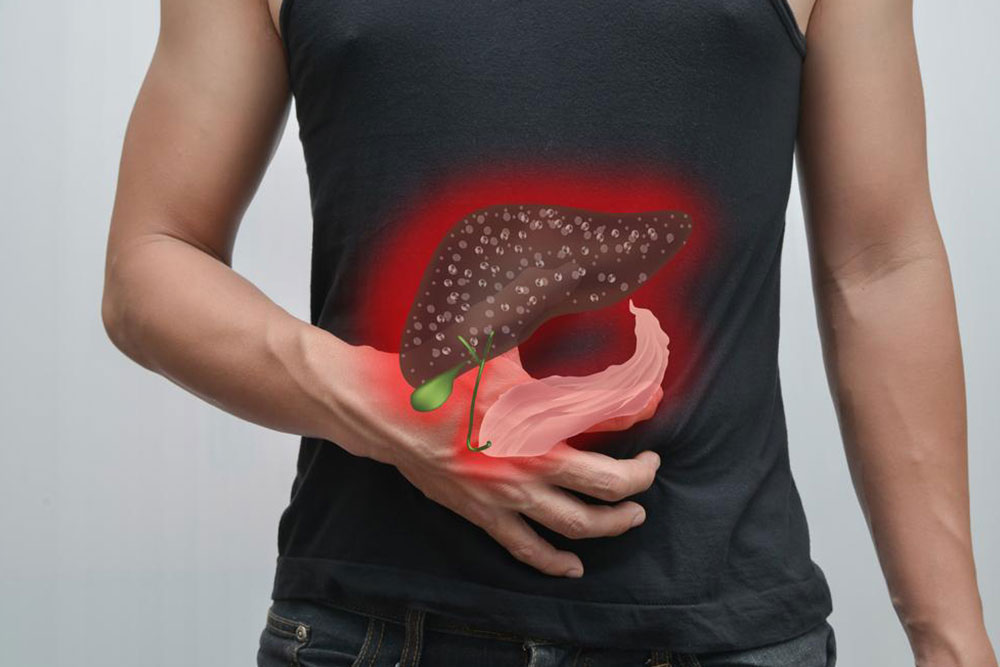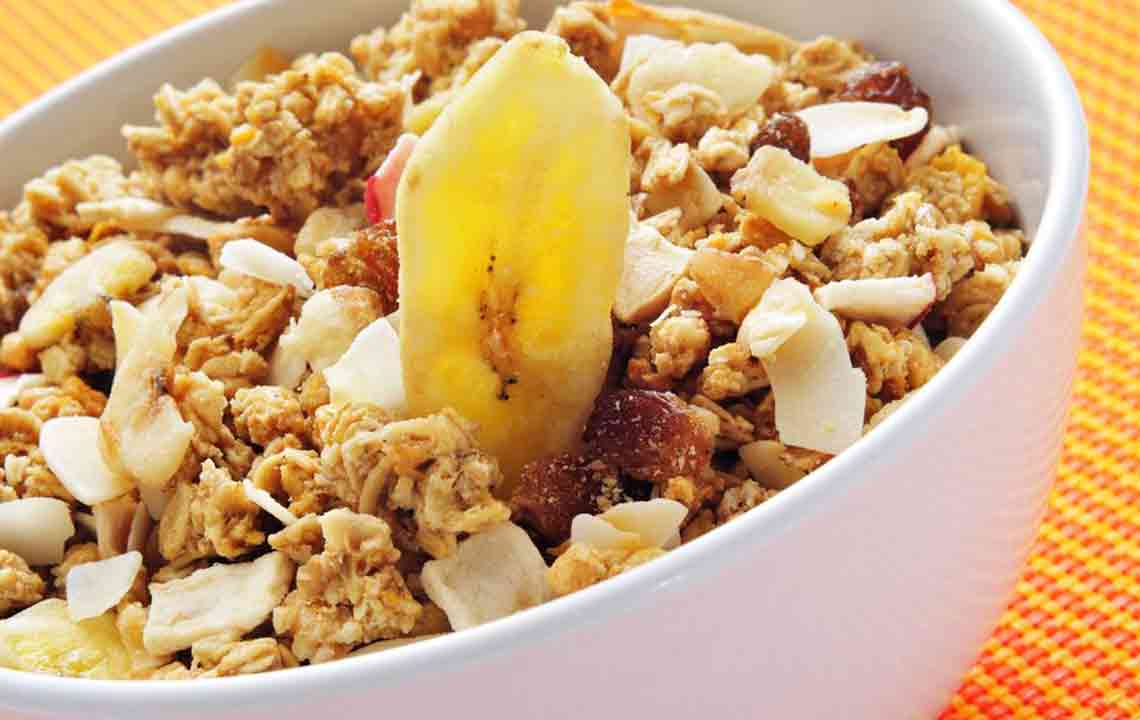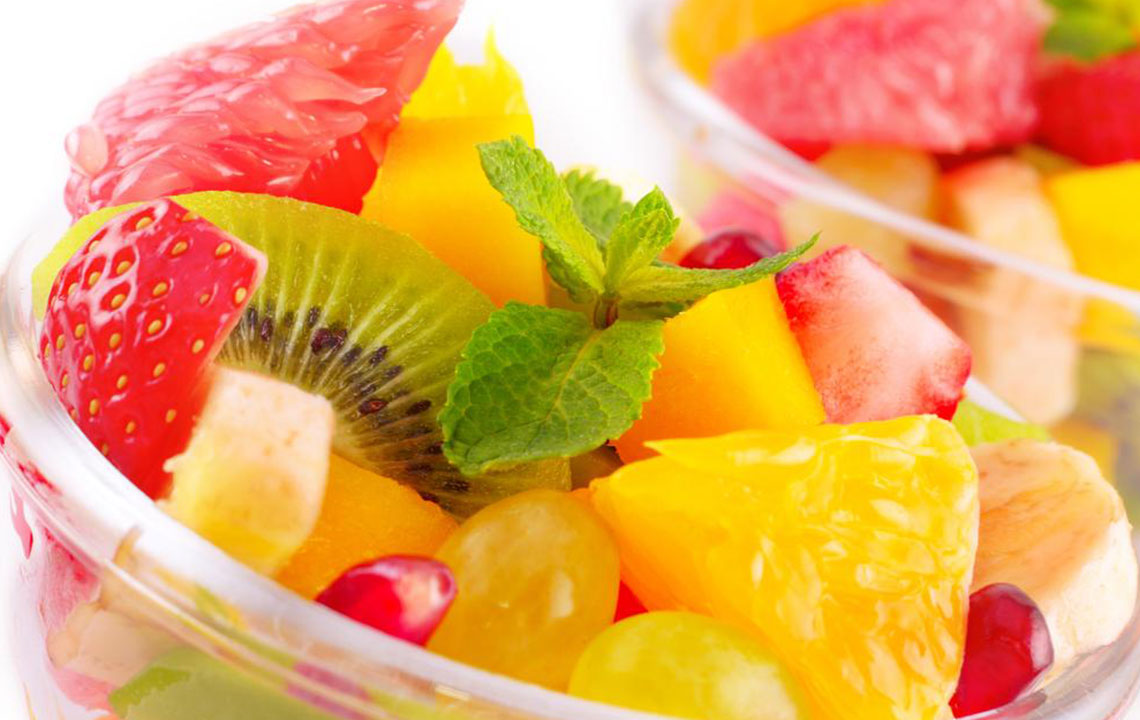Smart Eating Strategies for a Healthy Gallbladder
Learn effective dietary strategies to support gallbladder health, prevent gallstones, and ensure smooth recovery after surgery. Incorporate nutrient-rich foods, limit fatty and processed items, and adopt healthy eating habits to maintain a well-functioning gallbladder and enhance overall wellness.

Smart Eating Strategies for a Healthy Gallbladder
The gallbladder, a small organ located beneath the liver, is vital for digestion as it stores and releases bile absorbed from the liver into the small intestine.
Many overlook their gallbladder’s health, but maintaining it is essential for overall wellness. Certain foods support its function, while others can cause issues like gallstones or inflammation, leading to symptoms like nausea, bloating, or stomach pain.
Sometimes, gallbladder removal becomes necessary. Therefore, eating a nutrient-rich diet can promote better health and prevent complications. While diet alone cannot resolve gallbladder problems, mindful eating and a healthy weight can significantly lower the risk of gallstone development and related discomforts.
Diet and Gallstone Risk Factors
Consuming foods high in fats and cholesterol, combined with low fiber intake, increases the likelihood of gallstones. Overweight and obese individuals are also more vulnerable. Gradual weight management is recommended, as crash diets may raise bile cholesterol, fostering stone formation.
Recommendations for a Gallbladder-Friendly Diet
Include plenty of fruits and vegetables rich in fiber and nutrients. Focus on foods with vitamins B and C, calcium, and plant-based proteins like nuts, beans, tofu, and lentils instead of red meat. Good options include citrus fruits, leafy greens, peppers, tomatoes, dairy, lentils, tofu, nuts, beans, and healthy fats such as sardines.
Foods to Limit for Gallbladder Health
Eating foods high in refined carbs and saturated fats can raise gallstone formation risk. Fatty foods can overwork the gallbladder and cause pain or inflammation, especially in those with existing stones. While diet can't break down stones, it can help manage symptoms.
Reduce intake of fried foods, processed snacks, full-fat dairy, red meats, white bread, and fatty processed foods. Avoid extremely low-calorie diets; instead, aim for balanced nutrition combined with regular exercise for healthy weight loss.
Post-Gallbladder Removal Diet Tips
If removal becomes necessary, expect initial digestion adjustments like loose stools. To support recovery, steer clear of greasy, processed, and high-fat foods, and opt for smaller, frequent meals. Incorporate soluble fibers such as oats to aid digestion. Gradually adapting your diet helps recovery and promotes long-term health.
Proper dietary habits are key to preventing gallbladder issues and ensuring smooth recovery, contributing to overall health benefits.


